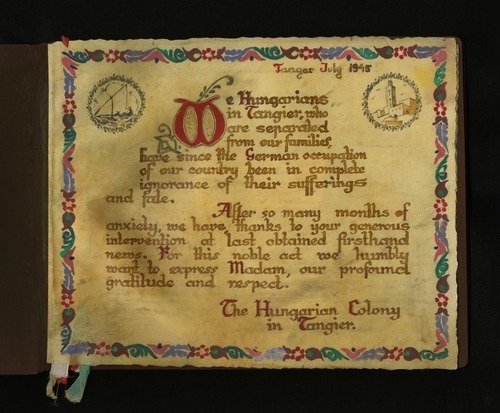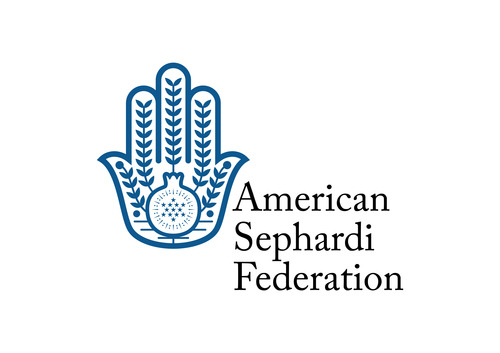by Melanie J. Meyers, M.S., Senior Reference Librarian, Center for Jewish History
“Each suburban wife struggled with it alone. As she made the beds, shopped for groceries, matched slipcover material, ate peanut butter sandwiches with her children, chauffeured Cub Scouts and Brownies, lay beside her husband at night—she was afraid to ask even of herself the silent question—’Is this all?’ ”
— Betty Friedan, The Feminine Mystique
50 years ago last week, feminist pioneer Betty Friedan identified “the problem that has no name” and sparked a new wave of feminist thought. The Feminine Mystique was an instant and controversial best-seller that challenged the assumption that being a housewife and mother was sufficient for women to feel fulfilled in their lives. The book is widely credited as being the catalyst for the second-wave of American feminism, and the influence of the book is still discussed and debated 50 years after publication.
Bettye Naomi Goldstein was born in Peoria, Illinois in 1921, to Jewish parents who originally hailed from Hungary and Russia. After studying at both Smith College and UC Berkeley, she started writing professionally for a variety of left-wing and union publications. In 1957, she started a project for her Smith College reunion which involved surveying her fellow alumni about their lives. It was through these survey responses that she started to formulate the hypothesis of “the problem that has no name.”
The Feminine Mystique catapulted her to fame, and ignited a long and distinguished career as a political activist and writer. Friedan founded The National Organization for Women (NOW) in 1966 and served as the organization’s first president. She was also a key figure in the founding of what is now The National Abortion Rights Action League (NARAL). She died in 2006, on her 85th birthday.
Many of Betty Friedan’s works are held by both the YIVO Institute and the American Jewish Historical Society here at the Center, including It Changed My Life: Writings on the Women’s Movement (1976), The Fountain of Age (1993), and her autobiography, Life So Far (2000). AJHS holds a variety of fine biographies of Betty Friedan, including ones written for young adults and children to introduce young readers to her life and works. There are also many books that discuss Friedan’s works and legacy, including A Jewish Feminine Mystique?: Jewish Women in Postwar America (2010), among many others.
“And yet I think some day we may look back and realize that these years of our passionate historic, world-opening journey may have been the most intense life, we, or anyone, could ever experience. And men who never had such problems, and women who were too ladylike to get involved, will envy us. For we have lived the second American revolution, and our very anger said a ‘new YES’ to life.”
—Betty Friedan
—–
To search the collections, click here.


